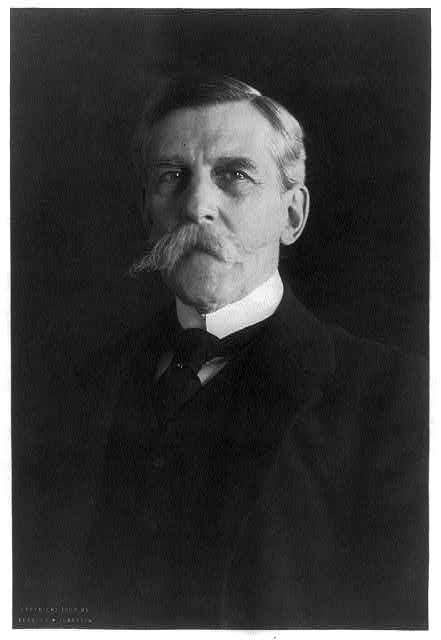The Volokh Conspiracy
Mostly law professors | Sometimes contrarian | Often libertarian | Always independent
"Shouting fire in a crowded theater"

People often argue some speech is unprotected by analogizing to shouting fire in a crowded theater. (I just saw an example in the comments to the "Ottawa considering hate charges against those who boycott Israel" post.)
But of course shouting fire in a crowded theater is often constitutionally protected. For instance, if there is a fire, shouting fire may be good. (It may sometimes not be good, if more people die in the panic than would have died from the fire if one had spoken more calmly - but even then, I'm pretty sure that it would be constitutionally protected.)
And in fact the line from Justice Holmes in Schenck v. United States is "The most stringent protection of free speech would not protect a man in falsely shouting fire in a theatre and causing a panic." That "falsely" is what's doing the work, both in Justice Holmes's hypothetical, and in how such a false shout would be treated by First Amendment law today. Knowingly false statements of fact are often constitutionally unprotected - consider, for instance, libel, fraud, perjury, and false light invasion of privacy. That would presumably apply to knowing falsehoods that cause a panic. (Even given bit complicated by the Stolen Valor Act case, such knowing falsehoods that are likely to cause tangible and immediate harm are likely to be punishable, as the concurrence suggests.)
If the statement is not knowingly false, though, the analogy breaks down. The comment I linked to, for instance, used the "shouting fire" analogy to argue in favor of criminal punishment of speech that urges boycotts of Israel:
Spreading hatred that incites to violence is not what a free and civil society allows. The boycott movement specifically exists to single out the sole Jewish nation, delegitimize its existence and support the close to 70 year long war to destroy that nation.
No, political advocacy harshly critical of a country, urging a severing of ties to that country, or supporting a war to destroy that country is not analogous for free speech purposes to deliberately lying about a building being on fire. If you want to argue that political advocacy on a subject that's deeply important to democratic decisionmaking about foreign relations, about business ethics, and more should be punishable, you can do it. Just don't rely on unsound analogies to a supposed "shouting fire in a crowded theater" doctrine, and don't omit the qualifier - "falsely shouting fire" - that makes the doctrine work.


Show Comments (0)